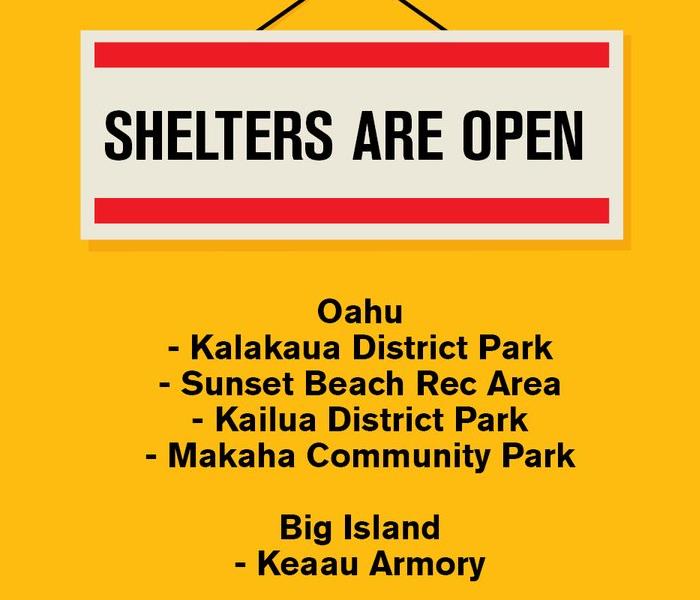The Importance of Weather Alerts | SERVPRO® of Central Honolulu
7/12/2022 (Permalink)
Severe weather comes in many different forms across the United States. In fact, the United States is so unique with different weather patterns that there are 42 different kinds of weather alerts that correspond to all of the possible scenarios.
When warnings or alerts for those weather systems are issued in Honolulu, it is important that you understand how to interpret them in order to stay safe.
Thankfully, we don’t experience every single weather scenario possible (and we are especially thankful for the lack of blizzard warnings here). But we do need to understand the alerts that affect us here in Hawaii.
<h4and-alerts">Forecasting and Alerts
Have you ever been curious about how an alert is issued in the first place? Forecasting is an educated prediction, so how do forecasters feel confident about issuing alerts based on predictions? They actually use a variety of different models and data points in order to be as accurate as possible when it comes to the severity, length and location of a given weather system.
The National Weather Service is the major organization that oversees the weather forecasting for the entire nation. That’s a lot of responsibility!
In order to keep every forecast and alert as accurate as possible, the NWS is broken down into six regional locations around the country and sub-locations even closer to home. The Pacific Region that oversees our area is actually located right in Honolulu. We are the only state in the country that is under the Pacific Region’s responsibility.
The staff at the Pacific office use satellite data, sensors, and solar and seismic activity meters to create their forecasts. While they understand that weather can sometimes be unpredictable, their goal is to be as precise as possible.
<h4the-difference-watch-vs-warning">Knowing the Difference: Watch vs. Warning
Being an island state, it is imperative that we all understand the difference between watches and warnings. Weather can change in an instant, so it is important to know the distinction between these two alerts.
A lot of our weather threats are water-based, like tropical storms, cyclones, flash flooding or tsunamis. Most of our state is at risk to quickly changing weather in regard to the ocean, so it is important to know how each of these weather situations would impact you and your home.
When a watch is issued, you must begin preparing for the incoming weather with the understanding that it has the potential to turn severe. Update your emergency kit and keep an eye on the sky.
When a warning is issued or replaces a watch, it is time to head for shelter immediately. A warning means that the incoming weather has been proven to produce dangerous qualities.
<h4your-home">Prepping Your Home
The most important focus during severe weather is to keep yourself and your family safe. However, if you have enough time ahead of the storm, you can take a few preventive measures around your home that will help reduce the risk of damage to your house.
Clearing your gutters and securing your outdoor furniture are two easy tasks you can do to help minimize the risk of structural damage and water damage to your home. It is also a great idea to repack your emergency kit and place that in your safe shelter location.
When the threat of severe weather has passed, do an inspection of your home and property, take photos of any damages you find, and call us at SERVPRO® of Central Honolulu if you need help with the cleanup or repair process. We respond to all inquiries quickly, and we will begin your restoration as soon as we can.
The more you understand about Honolulu’s weather, the safer you can keep your family. Taking the time to understand the different alerts and how to respond to them is a great way to stay prepared in advance of the incoming severe weather and hurricane season.
Experienced storm damage to your home or property? Contact us today for a quick response!


 24/7 Emergency Service
24/7 Emergency Service
